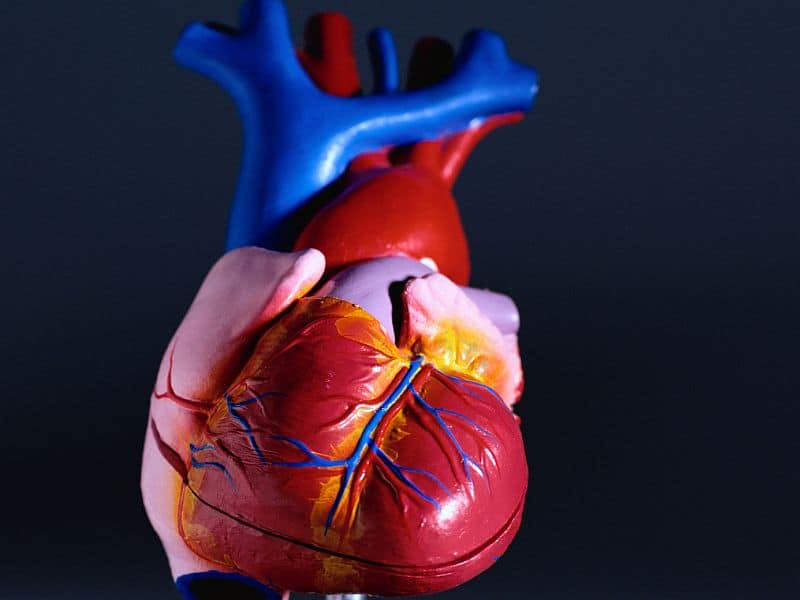TUESDAY, Nov. 6, 2018 (HealthDay News) — Administration of inhaled nitrite is not associated with improvement in exercise capacity compared with placebo among patients with heart failure with preserved ejection fraction (HFpEF), according to a study published in the Nov. 6 issue of the Journal of the American Medical Association.
Barry A. Borlaug, M.D., from the Mayo Clinic in Rochester, Minnesota, and colleagues conducted a multicenter, two-treatment crossover trial involving 105 patients with HFpEF. Participants were randomly assigned to four weeks of inorganic nitrite or placebo administered via a micronebulizer device followed by a two-week washout period with no study drug for each six-week phase of the crossover study.
The researchers observed no significant difference in mean peak oxygen consumption in the nitrite phase versus the placebo phase (13.5 versus 13.7 mL/kg/min; P = 0.27). No significant between-treatment phase differences were observed in daily activity levels (5,497 versus 5,503 accelerometry units; P = 0.91), Kansas City Cardiomyopathy Questionnaire Clinical Summary Score (62.6 versus 61.9; P = 0.39), functional class (2.5 versus 2.5; P = 0.43), echocardiographic E/e’ ratio (16.4 versus 16.6; P = 0.93), or N-terminal fragment of the prohormone brain natriuretic peptide levels (520 versus 533 pg/mL; P = 0.74). Worsening heart failure occurred in 2.9 and 7.6 percent of participants during the nitrite phase and placebo phase, respectively.
“These results are in contrast to multiple earlier studies suggesting administration of inorganic nitrite or nitrate may have benefits in HFpEF,” the authors write.
Several authors disclosed financial ties to the pharmaceutical and medical device industries.
Abstract/Full Text
Editorial (subscription or payment may be required)
Copyright © 2018 HealthDay. All rights reserved.



